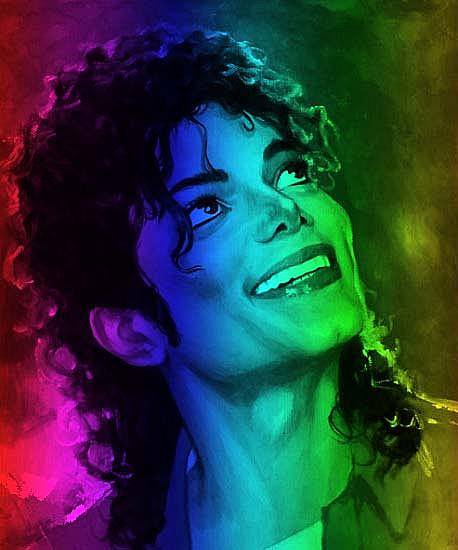Michael Jackson's Doctor Conrad Murray Escaped Just Punishment

 Conrad Murray was sentenced to four years in jail today after being convicted of involuntary manslaughter for his role in Michael Jackson's death. He likely only will serve two.
Conrad Murray was sentenced to four years in jail today after being convicted of involuntary manslaughter for his role in Michael Jackson's death. He likely only will serve two.
Even a decade behind bars does not seem a fair punishment for snuffing out the King of Pop.
Mark David Chapman was sentenced to life imprisonment for killing John Lennon in 1980 and has been denied parole six times.
Yolanda Saldivar was sentenced to life imprisonment for killing the singer Selena in 1995.
Had Murray hooked Jackson up to an IV filled with the anesthetic propofol in a public place where people could see what was happening, it would have looked much more like an assassination. Instead, it will go down in history as just another unfortunate collision between medicine and celebrity. From Elvis to Brian Wilson to Michael Jackson, we have come to expect that rich entertainers will pay physicians to do their bidding. And we have decided that much of the blame rests with the entertainers.
It was refreshing to hear Judge Michael Pastor speak plainly about where the blame should lie.
According to the Los Angeles Times, Pastor said:
Talk about blaming the victim. Not only isn't there any remorse, there is umbrage and outrage on the part of Dr. Murray against the decedent. The fact remains, Dr. Murray is offended that [his] patient died.
Pastor's hands were tied, though. He was only allowed to sentence Murray to four years given the type of charge. Had Murray been charged with murder, he may have ended up with a life sentence just like Chapman and Saldivar.
Remember that Dr. Jack Kevorkian was charged with second-degree murder for assisting in a suicide for a terminally ill patient. Kevorkian served eight years of a 10-to-25-year sentence, which is four times as long as Murray will be behind bars. And Kevorkian's patient wanted to die. Jackson just wanted to feel better.
Pastor summed it up perfectly at the sentencing when he said, "Michael Jackson as a patient was vulnerable because Dr. Murray put Mr. Jackson in a position where Dr. Murray was responsible for the very life of Mr. Jackson."
I keep thinking about what Dr. John Dombrowski, a member of the American Society of Anesthesiology's administrative affairs committee, told me shortly after Jackson died in 2009. He said that Murray's use of propofol in Jackson's home was "indefensible."
He wasn't getting a procedure done. He was trying to get 40 winks at his house. This is completely beyond the pale.
There's a deeper issue, too. While most people with sleep disorders and chronic pain won't be hiring a doctor to give them propofol, many of them do end up in pill mills that hand out prescriptions without giving physical exams or any sort of pain management counseling. Just today I had a conversation with a health writer asking advice about researching a physician who had been disciplined by a medical board. He said, "It wasn't very serious stuff. Just writing a lot of prescriptions without actually seeing the patients." He thought it wasn't very serious because medical boards often don't take these cases very seriously.
Taking a patient who needs help and filling them full of propofol or any other drug without any regard to the long term consequences or, as in Jackson's case, the immediate risk of death is not just a violation of a doctor's oath to do no harm. It is morally indefensible, and it should be a crime that merits more than a short stint in a county jail.
Photo credit: Luiz Fernando Reis via Flickr

